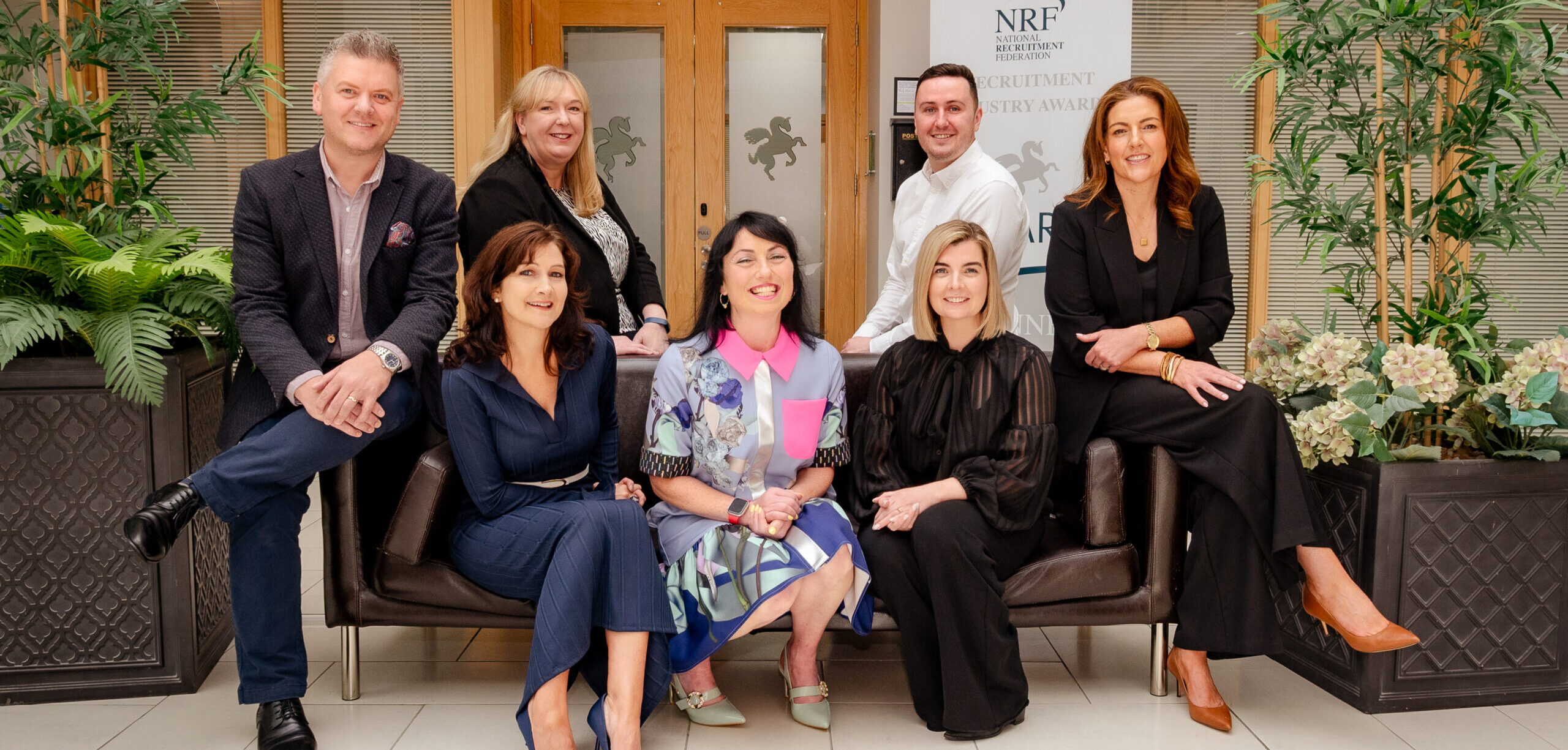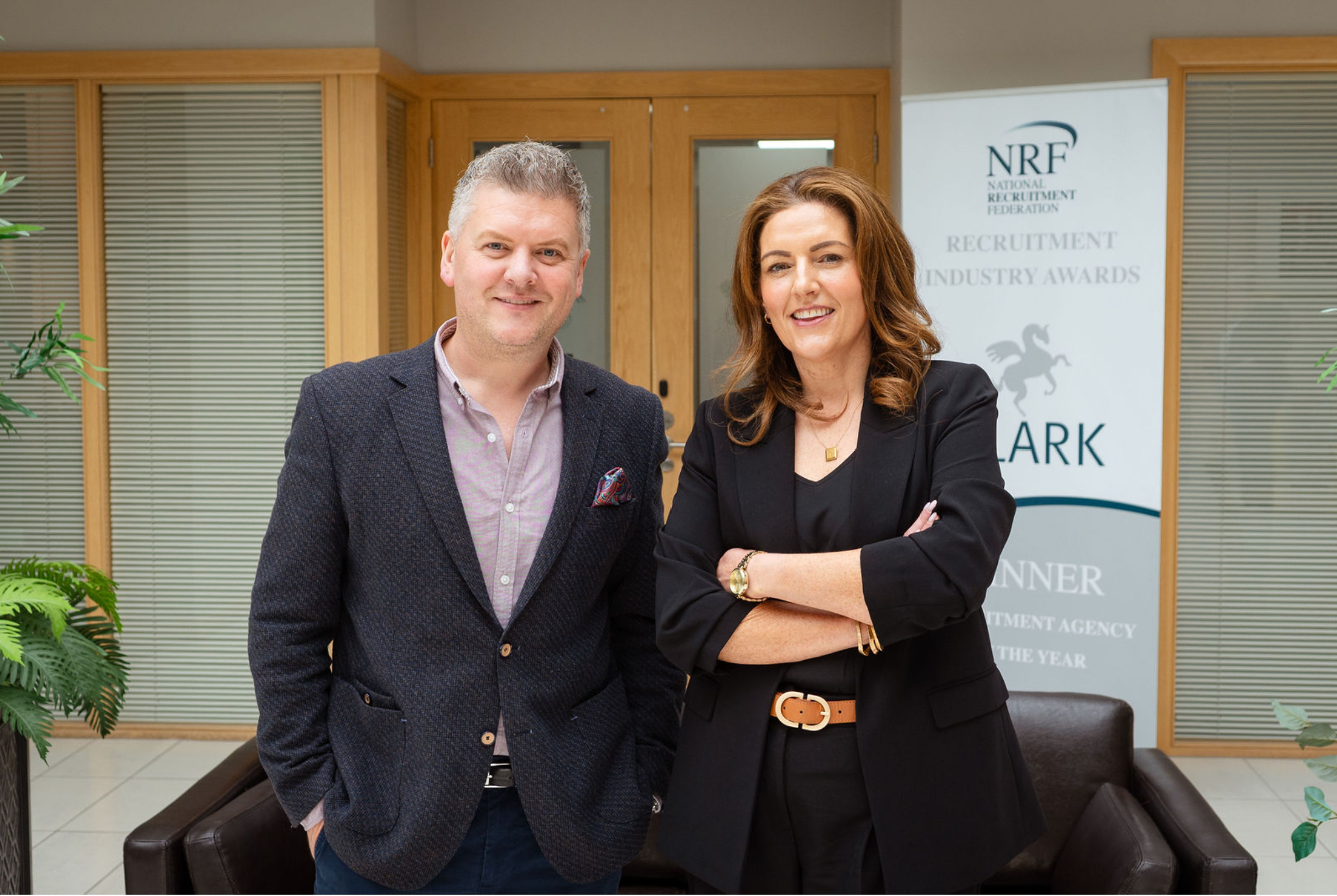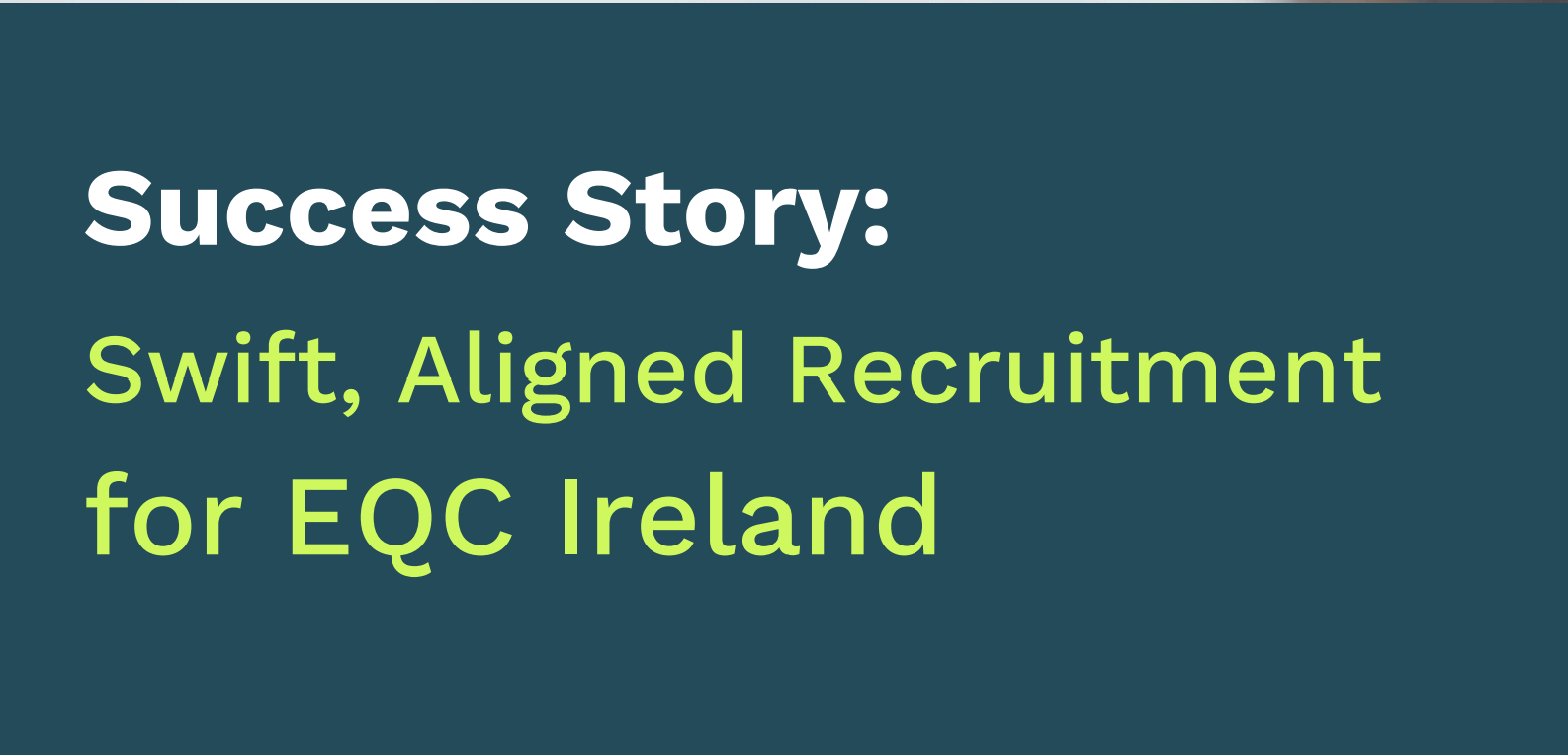
What Not to Say in a Job Interview
Navigating a job interview can be a nerve-wracking experience. The pressure to present yourself as the perfect candidate often leads to anxious slip-ups that can hinder your chances. In this blog, we delve into the subtle art of interview communication by exploring what NOT to say during this critical interaction.
Don’t speak negatively about a previous boss and/or company
This is a huge issue and still very prevalent in interviews. When an interviewer hears negative talk about a previous boss and/or company, that will usually end the interview process. Be positive and don’t focus on the negative – no matter how bad a situation is or was, you can always learn something from it – share those details.
Don’t ask, “What is a typical day like?”
This is not good and shows you really haven’t done your research on the company and the role. There are so many ways to find this out before even speaking with the interviewer, i.e. speak to your recruiter!
Don’t give overly prideful responses!
We tell the individuals we work with to be pridefully humble in their answers. What I mean by that is to share the accomplishments they are proud of in a humble way. You don’t want to be boastful or arrogant as companies don’t like that.
Don’t say, “I know I don’t have all the experience or skills you want, but I can still do the job”
You want to focus on highlighting the experience and skills you do have that the company is looking for and not focus on the things you don’t have.
Don’t say, “I already addressed that in my CV”
If an interviewer asks you about something, even if it is on your CV, they would like to talk about it with you. Please don’t refer them back to your CV – they already read your CV and saw it there – they just want further information and/or clarification from you. Share and be informative and to the point – don’t waffle on and don’t add legs on to it! Truth all the way.
In the dynamic landscape of job interviews, words hold the power to shape your path. By recognizing and avoiding these verbal pitfalls, you’re equipping yourself with the tools to shine during interviews. Remember, every conversation is an opportunity to showcase your skills, attitude, and potential impact. Craft your responses thoughtfully, steer clear of unnecessary negativity, and highlight your strengths with precision. For more information on what to say and what not to say reach out to one of our expert recruiters.
For expert objective career advice and discussions around our recruitment solutions, reach out to our team today at hello@clark.ie or 045 881 888. If you’re a jobseeker, register your CV to get started!












